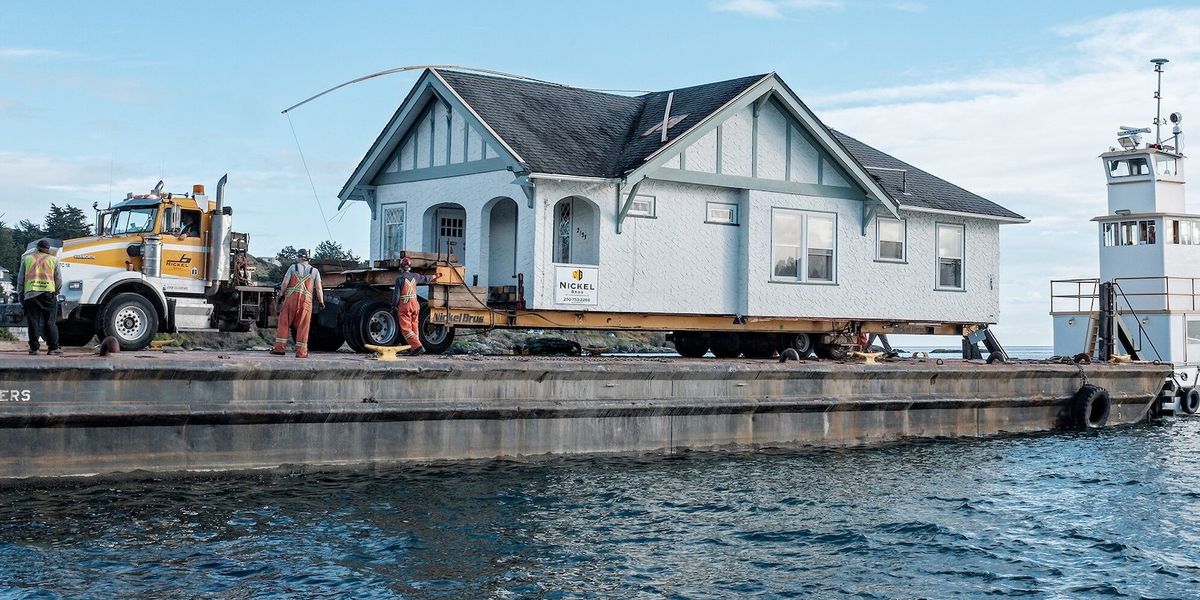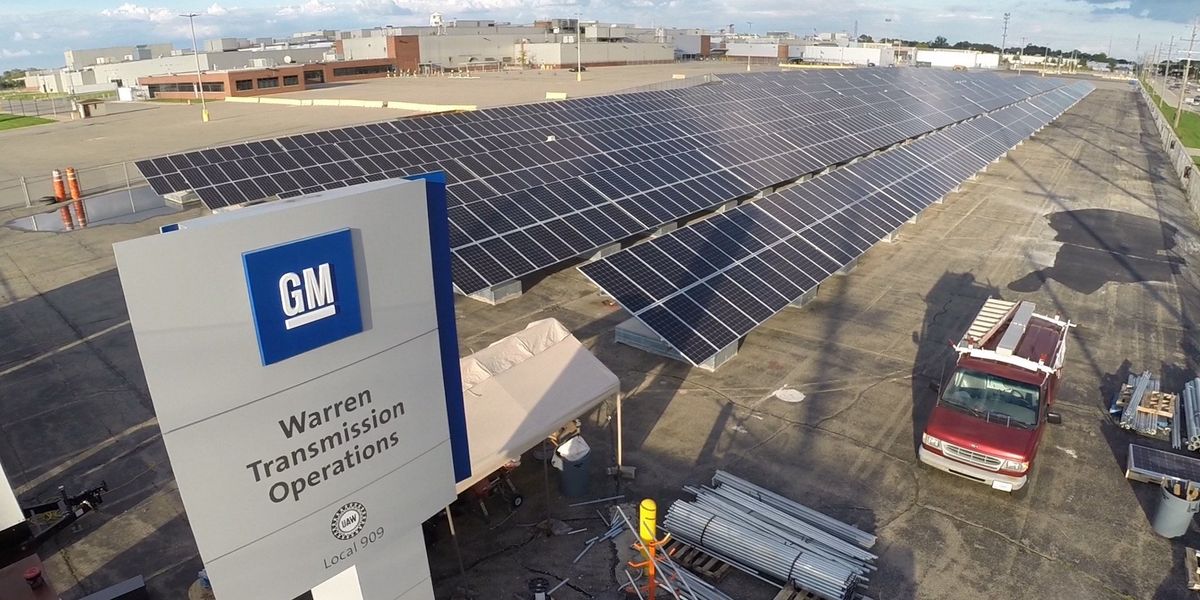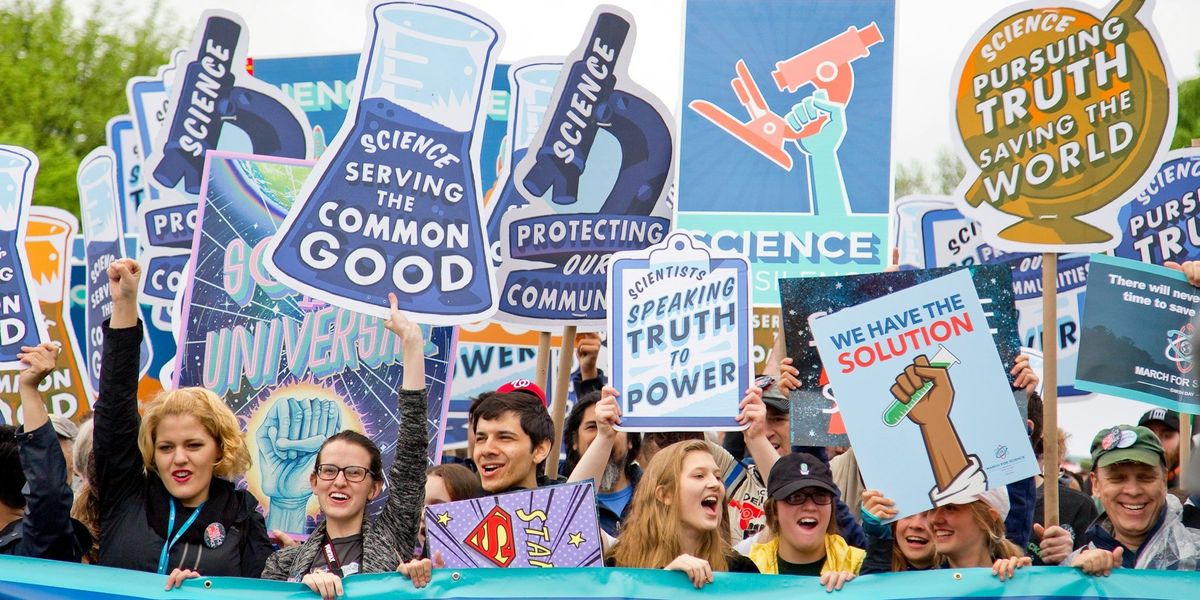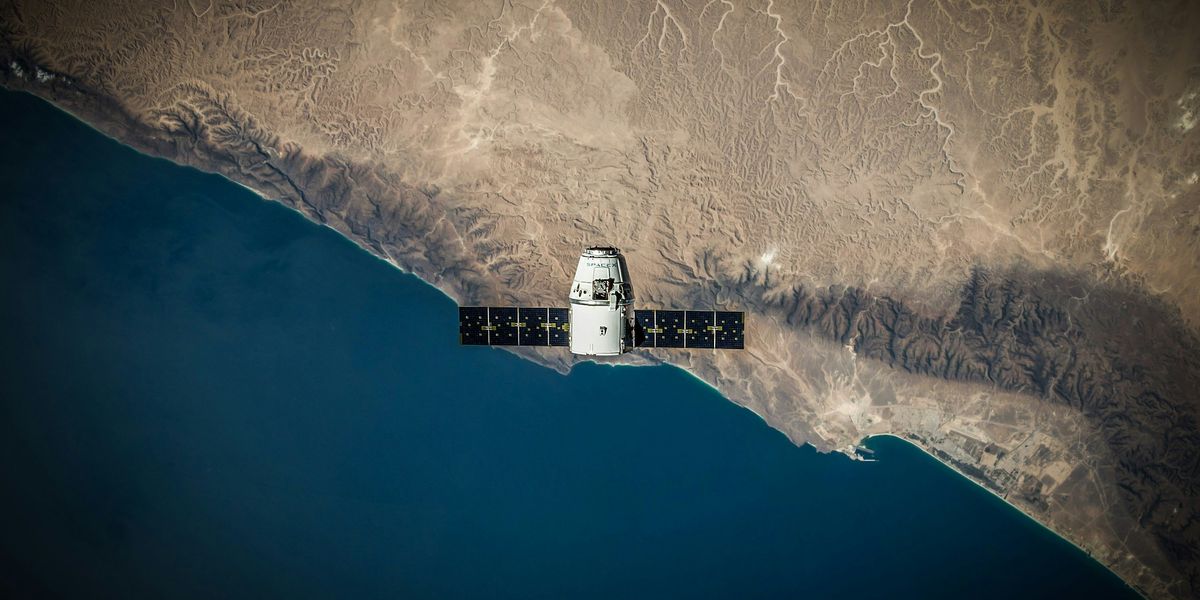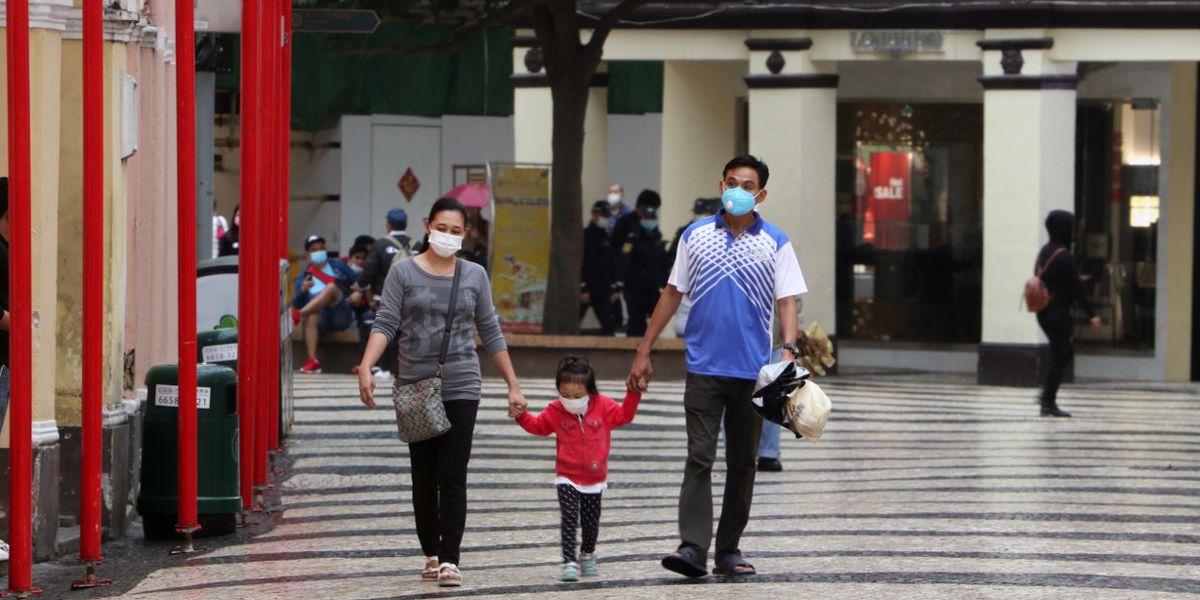
Climate, coffee, cocoa, Corona
There are still a lot of unknowns with the current pandemic. But we can learn lessons about failing to prepare.
As evidence mounts that we've ignored opportunities to prepare for the infectious onslaught that's now upon us – not enough hospital beds, test kits, or even alcohol swabs – let's think about the 30 years of warning signs we've had to halt, or at least cope with, climate change.
Let's start with the lightweight ones – how climate change is nibbling at the edges of affluence.
These stories abound, not so much because they are the most dire climate impacts, but, in part, because people in the journalism biz struggle to make immense stories like this one relevant to the lives of readers and viewers:
- About 50% of the land now devoted to growing your morning cup o' joe is expected to be unavailable by the year 2100.
- Concerns about both climate change and deforestation await farmers along the Ivory Coast, where one-third of the world's cocoa crop is grown.
- Grape harvest records from France's Bordeaux region date back nearly 700 years. They show grape harvests took place two weeks later back then.
- Pests and fungi spread by rising temperatures may doom a breakfast staple, the Cavendish banana, within decades.
- Extreme weather caught the blame for the failure of Italy's signature crop, olives, in 2019. Italy was a net importer of olives last year.
- Has climate change impacted golf? Yes, but there's an argument that golf has impacted climate change, too.
- Skiing: Lack of snowpack from the Rockies to the Alps is shortening seasons, and threatening some resorts with extinction.
- Record heat waves are impacting soccer and tennis players.
- Pond hockey, long a birthright in much of the cold weather world, is now imperiled.
- Summer flounder is moving north, to the chagrin of middle Atlantic sport fishers.
- Climate concern is growing among hunters and sport fishers. There are 34 million of them in the US, with reasons to care about climate.

Pond hockey (Credit: Taylor Friehl/Unsplash)
Climate impacts in our food or sporting and cultural events have a direct parallel to the impact of Coronavirus in cancelling pro sports seasons or gatherings like Coachella. And, like the pandemic, they're a herald of more serious problems to come.
But after perusing all these stories, I try to place myself in a South Pacific island village, awaiting inundation from sea level rise. Or a coastal village in Alaska, Louisiana, or Bangladesh. Places where climate change doesn't mean a loss of pond hockey or Bordeaux, it means a loss of everything.
Or try a less remote place: Unheard-of wildfires leveling California towns and Australian cities; more intense typhoons and hurricanes obliterating islands in the Philippines or Bahamas; streets awash in Norfolk or Miami.

(Credit: Piyush Priyank/Unsplash)
Or more universal consequences: Mass extinctions, acidified oceans, violent and lethal weather extremes, and more. These are things that may not cause the stock market to tank (yet).
Maybe – just maybe – the Coronavirus disaster offers a powerful lesson that could be of use in battling against the climate disaster.
President Trump's thorough disdain for science and scientific expertise has been on full display in his declarations and assurances on the pandemic. Criticism that the U.S. is poorly prepared to test and treat the victims fits a familiar pattern as well.
Is it too much to hope that Americans, as the song once vainly hoped, won't be fooled again?
That scientists not only can be trusted, but have to be trusted? And that the kind of drop-everything push on climate can prevent bigger, costlier, deadlier problems later on?
I've become far too cynical to think we can count on this.
But maybe.
Peter Dykstra is our weekend editor and columnist. His views do not represent those of Environmental Health News, The Daily Climate or publisher, Environmental Health Sciences. Contact him at pdykstra@ehn.org or on Twitter at @Pdykstra.

